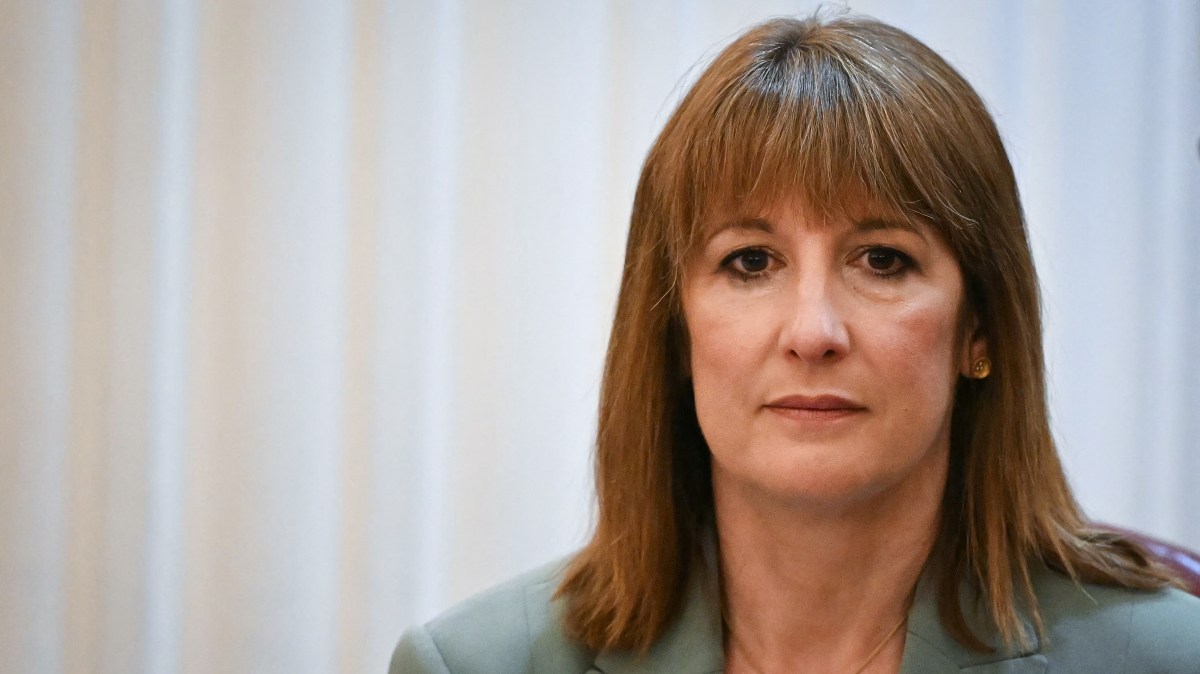The UK economy stagnated in July, recording growth of 0 per cent, according to official figures.
The Office for National Statistics (ONS) said the economy had ground to a halt at the start of the third quarter, with output lower than the 0.1 per cent GDP expansion expected by economists. The slowdown had been expected after a 0.4 per cent rise in GDP in June. The economy grew by 0.2 per cent on a rolling three-month measure.
July’s weak performance was driven by a 0.9 per cent monthly fall in the production sector, which includes manufacturing. Professional services and ICT were among the worst-performing parts of the economy in the month.
Overall, the UK’s dominant services sector expanded by 0.1 per cent and the construction industry posted a 0.2 per cent month-on-month rise, the ONS said.
Economists had predicted a slowdown in growth in July, which coincided with NHS strike action. The ONS said, however, that thousands more doctors appointments had been protected from industrial action compared with previous strikes.
A Treasury spokesperson said: “We know there’s more to do to boost growth because, whilst our economy isn’t broken, it does feel stuck. That’s the result of years of underinvestment, which we’re determined to reverse. We’re making progress: growth this year was the fastest in the G7. Snce the election, interest rates have been cut five times; and real wages have risen faster than they did under the last government.”
The economy had performed better than expected in the first and second quarters, with output rising by 0.7 per cent and 0.3 per cent respectively, as households and businesses shrugged off the uncertainty around tariffs that hit output in April.
Analysts expect third-quarter growth to slow, however, under the pressure of rising inflation and high interest rates. Traders do not expect the Bank of England to loosen monetary policy again this year as inflation is on course to peak at 4 per cent in the coming months.
Thomas Pugh, chief economist at RSM, said average growth would slow from 0.5 per cent in the first half of the year to closer to 0.2 per cent in the final six months.
“Consumers and businesses remain cautious, tariffs will continue to drag on global growth and government spending, which has been a key source of growth, will level out,” he said.
